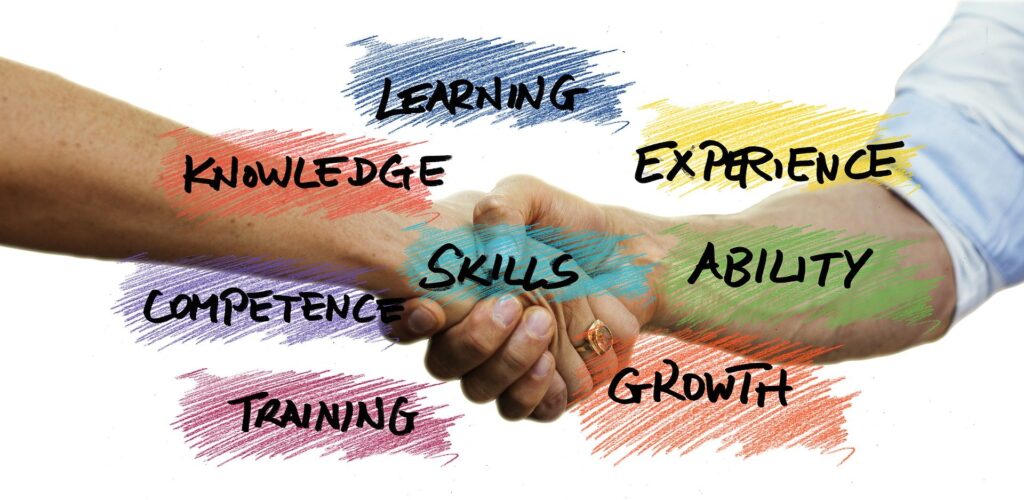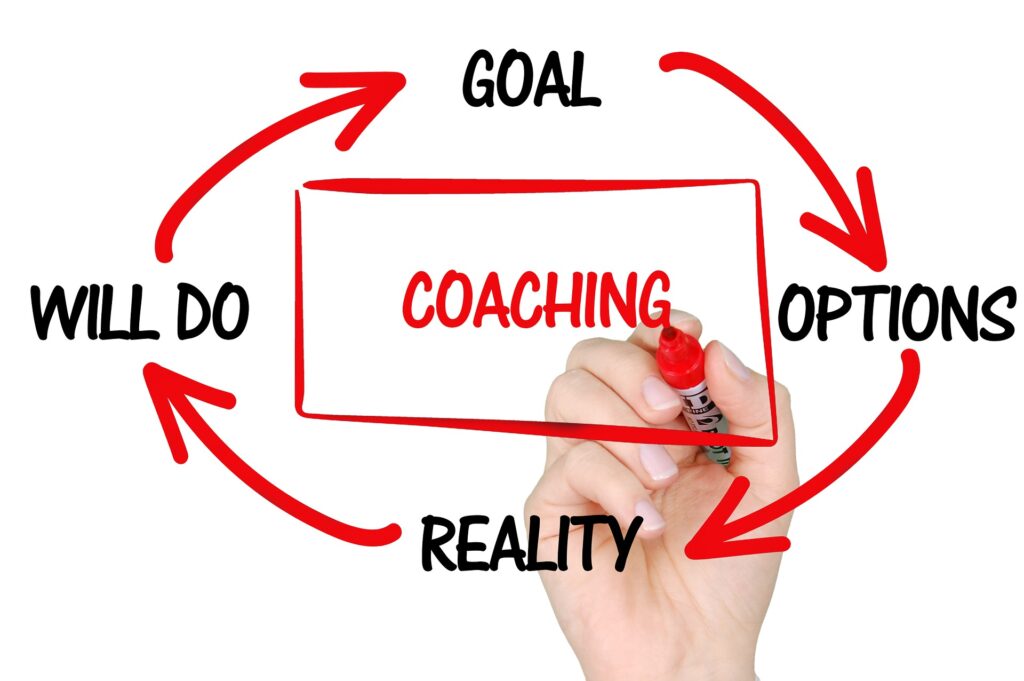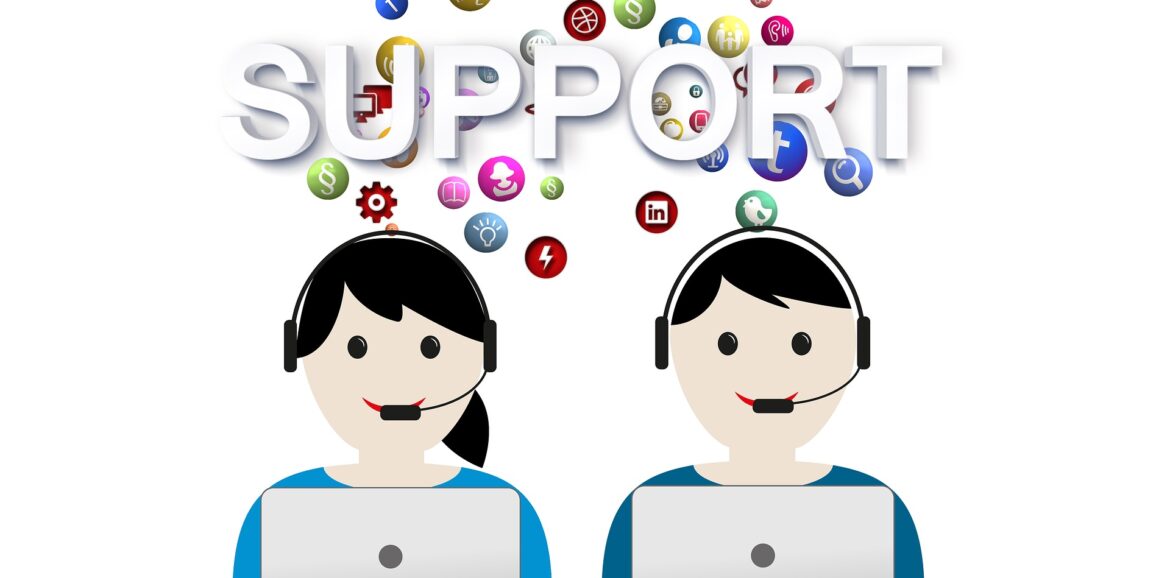

- BUSINESS COACHING:
A business coach will assist and guide the business owner in running a business by helping them clarify the vision of their business and how it fits in with their personal goals. Business coaching is a process used to take a business from where it is now to where the business owner wants it to be.
Coaching and Mentoring can sometimes be confused since both roles are bringing their years of experience to the table. The biggest difference is that a mentor focuses on advising while a coach will assist the owner in goal planning and keep them accountable so that they achieve success.

Business coaches build actionable plans.
Proactive business owners seek to understand why reaching business growth goals is important to them personally, and the impact it will have on their life. After all, the business owner ultimately determines the speed and passion in which the goal is met (if ever). If it is not linked to the business owner’s personal dreams, goals and plans for themselves, there is no burning reason why getting to that business goal is critical.
After clarifying where a business owner would like to take their business, business coaching will help plan and prioritize what goals and strategies are needed to help progress the business closer to its goal. A business coach will meet with the business owner regularly, either weekly or monthly, to keep them on track with the commitments made during the past coaching session. 
Coaches have years of experience that they bring to the table. They help owners figure out what their goals are, and create a road map to reach them. Their perspective on the company can help owners see which items are just tasks and which are long term objectives.
2. CONSULTATION:
Career consultation is not a ‘one-size-fits-all’ service. It is a client-led process that is moulded to your particular circumstances and career issues. Anyone can book a consultation – my clients include young people, students, recent graduates, experienced professionals, and workplace returners. Of these, some will have a clear idea of the type of career they want, whereas others may need help generating these ideas or providing clarity on what it is they want to do.

It is important also to understand that a career consultation doesn’t necessarily need to focus on career or educational choice. For many clients, the process is a useful opportunity to talk through a tricky work situation or perhaps discuss strategies for accessing the job market. You name it, I’ve probably dealt with it. But what is common in each instance is the opportunity for a client to verbalise their issues in an impartial and non-judgemental environment, and to start the process of working towards change.
Your careers consultation is essentially a two part process. Firstly, we spend an hour talking through your particular situation and issues. This can be done face to face in Welwyn, Hertfordshire, or via Skype, so your location need not be an issue. Secondly, in the days following your consultation I will email you a detailed summary and action plan. This is a reflective document that will cover some of the themes of our discussion, and which will set out a series of small action points for you to complete, to help you move your situation forwards.

Your careers consultation is essentially a two-part process. Firstly, we spend an hour talking through your particular situation and issues. This can be done face to face in Zoom or Google Meet, so your location need not be an issue. Secondly, in the days following your consultation, I will email you a detailed summary and action plan. This is a reflective document that will cover some of the themes of our discussion and will set out a series of small action points for you to complete, to help you move your situation forwards. I am a firm believer that this document is a vital part of the consultation process that I offer. It is the part that turns ideas into actions and should help to provide the momentum you need to start working towards positive changes.
3. CAREER ANALYSIS:
“Chance favors the prepared mind” – Louis Pasteur
You are most likely to succeed in life if you use your talents to their fullest extent. Similarly, you’ll suffer fewer problems if you know what your weaknesses are, and if you manage these weaknesses so that they don’t matter in the work you do.
So how you go about identifying these strengths and weaknesses, and analyzing the opportunities and threats that flow from them? SWOT Analysis is a useful technique that helps you do this.

What makes SWOT especially powerful is that, with a little thought, it can help you uncover opportunities that you would not otherwise have spotted. And by understanding your weaknesses, you can manage and eliminate threats that might otherwise hurt your ability to move forward.
If you look at yourself using the SWOT framework, you can start to separate yourself from your peers, and further develop the specialized talents and abilities you need to advance your career and help you achieve your personal goals
4. PUBLIC SPEAKING:
Public speaking is important in both business, education, and the public arena. There are many benefits to speaking in public whether you’re an individual or a business.
What is public speaking? Basically, it’s a presentation that’s given live before an audience. Public speeches can cover a wide variety of different topics. The goal of the speech may be to educate, entertain, or influence the listeners. Often, visual aids in the form of an electronic slideshow are used to supplement the speech. This makes it more interesting to the listeners.
A public speaking presentation is different from an online presentation. The online presentation is available any time. A public speech is typically limited to a specific time or place. Online presentations often use slideshows. Or they use pre-recorded videos of a speaker. This includes recordings of a live public speaking presentation).
Because speaking in public is done before a live audience, you need to consider some special factors.
If you ask most people, they’ll probably say they don’t like public speaking. They may even admit to being afraid of it since fear of public speaking is a very common fear. Or they may just be shy or introverted. For those reasons, many people avoid speaking in public if they can. If you’re one of those people who avoid speaking in public, you’re missing out.

Over the years, public speaking in communication has played a major role in education, government, and business. Words have the power to inform, persuade, educate, and even entertain. And the spoken word can be even more powerful than the written word in the hands of the right speaker.
Whether you’re a small business owner, or a student, you’ll benefit from improving your public speaking skills. Some benefits to speaking in public include:
- improves confidence
- better research skills
- stronger deductive skills
- ability to advocate for causes
- and more
Speaking in public is especially important for businesses to market their offers. This allows them to get their message in front of potential customers. Salespeople and executives are often expected to have good public speaking skills.

